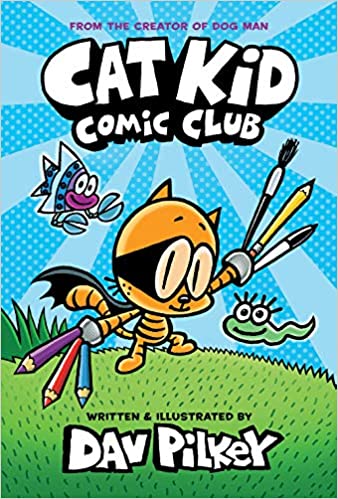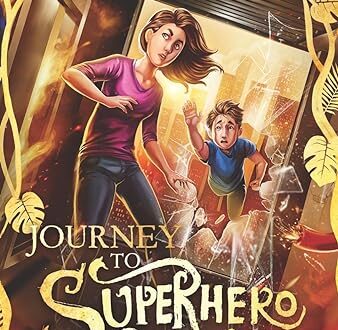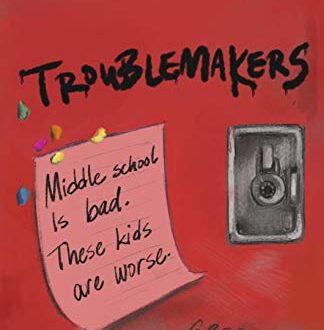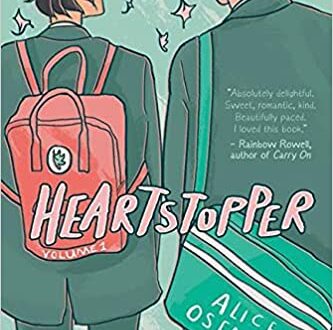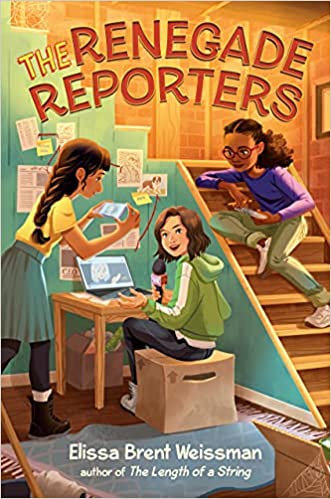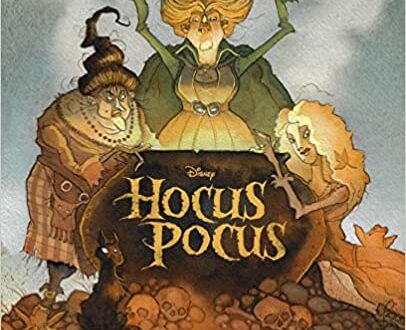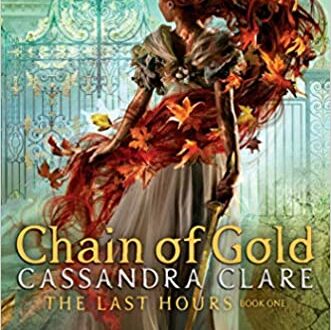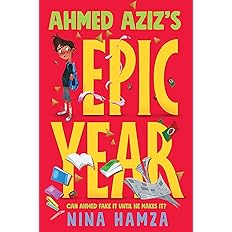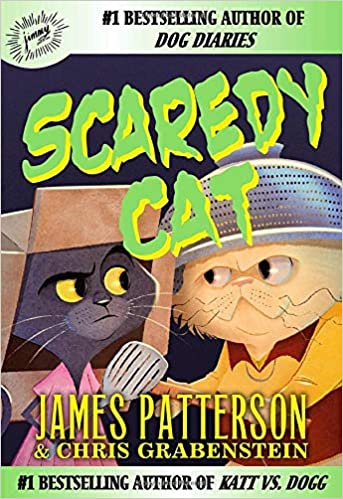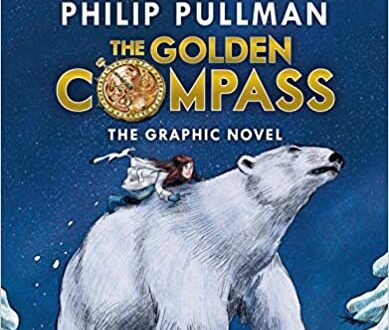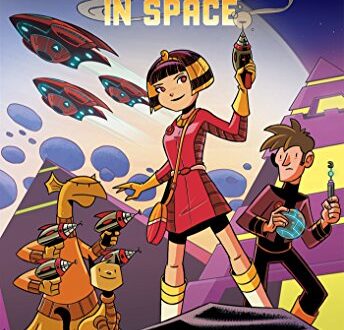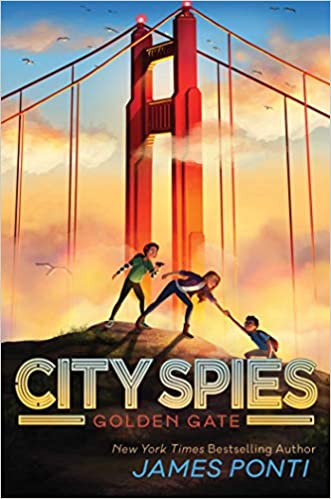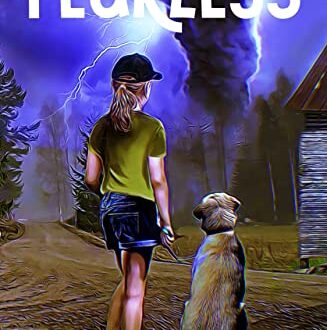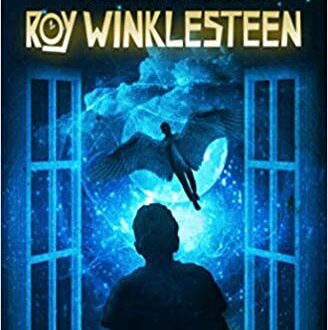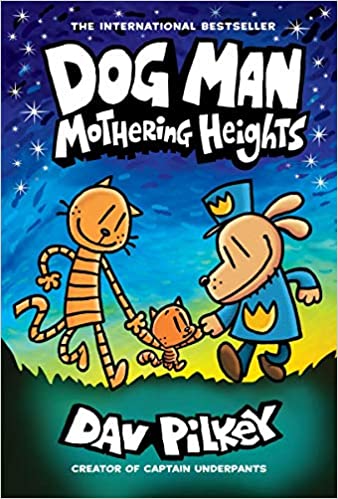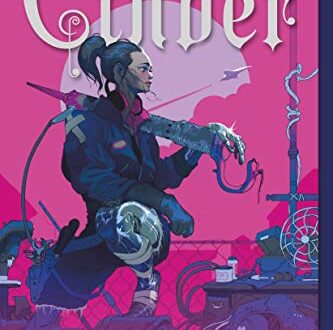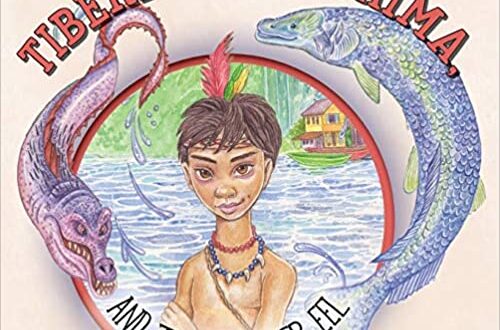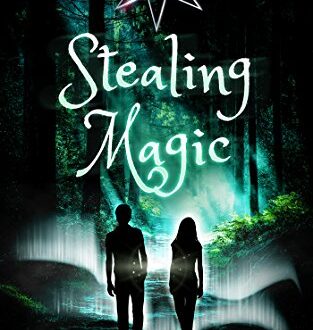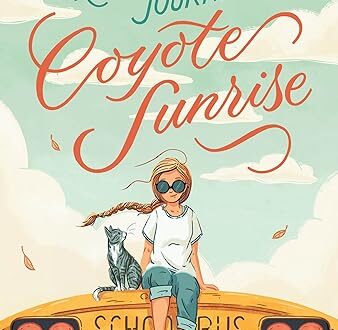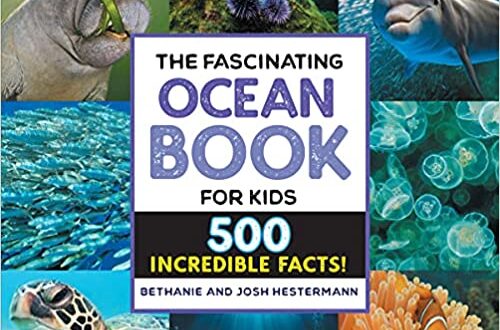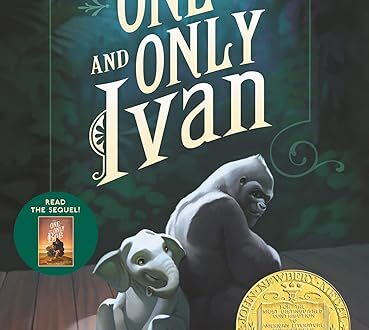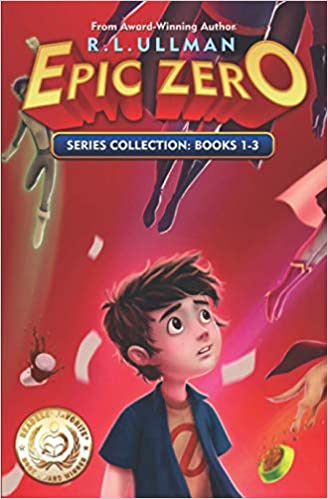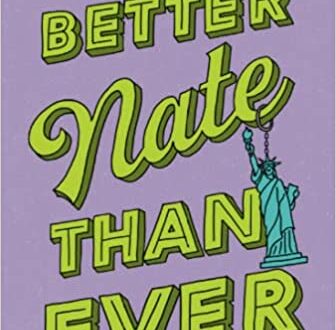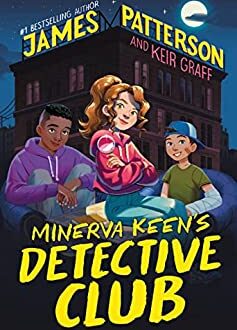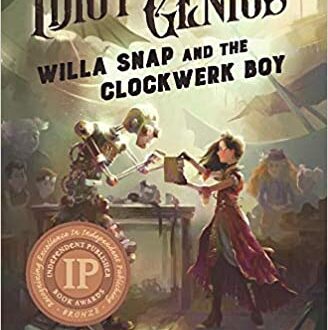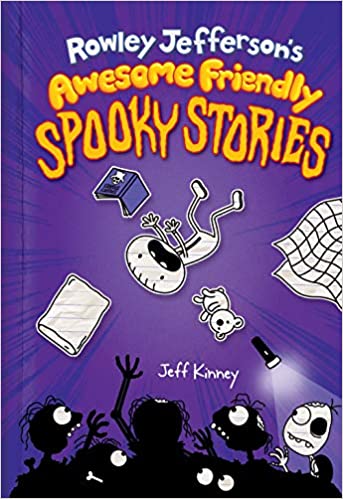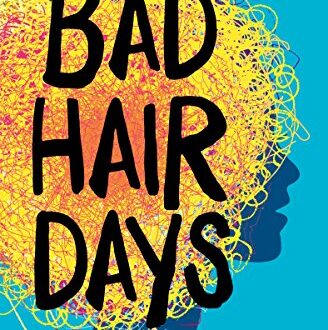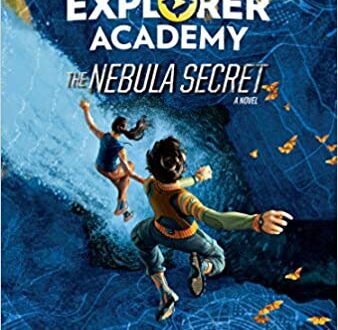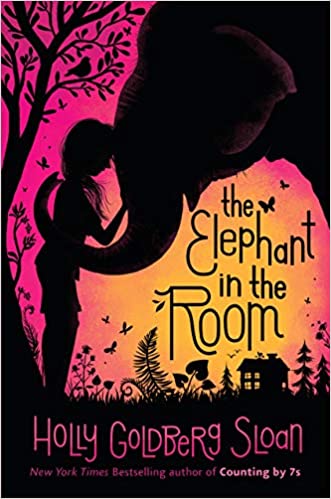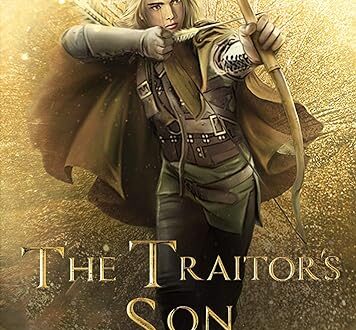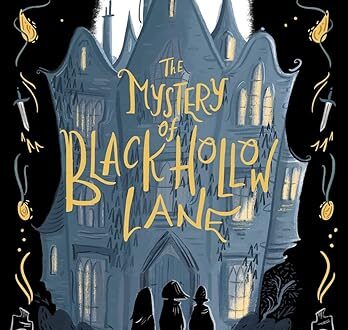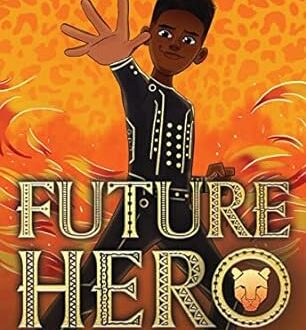Fun
-
Cat Kid Comic Club: From the Creator of Dog Man
A pioneering new graphic novel series by Dav Pilkey, the author and illustrator of the internationally bestselling Dog Man and Captain Underpants series.
In Cat Kid Comic Club, Li’l Petey, Flippy, and Molly introduce twenty-one rambunctious, funny, and talented baby frogs to the art of comic making. As the story unwinds with mishaps and hilarity, readers get to see the progress, mistakes, and improvements that come with practice and persistence.
Squid Kid and Katydid, Baby Frog Squad, Monster Cheese Sandwich, and Birds Flowers Trees: A Haiku Photo Comic are just some of the mini-comics that are included as stories-within-the-story, each done in a different style, utilizing humor and drama, prose and poetry, illustrated in different media including acrylics, pastels, colored pencils, felt-tip markers, clay, hand-made cardboard sculptures, photographs, pipe cleaners, construction paper collages, and cookies.
Readers of all ages will be inspired to dream up their own stories and unleash their own creativity as they dive into this new graphic novel adventure from Dav Pilkey and his heartfelt, humorous, and amazing cast of characters in the Cat Kid Comic Club.
For kids 7 and up.
-
The Renegade Reporters
When Ash gets kicked off her school’s news show, she becomes a renegade reporter–and makes a big discovery about technology and her fellow students’ privacy.
Ash and her friends are reporters. They were ready to lead their school news show, The News at Nine, sponsored by Van Ness Media, when an unfortunate incident involving a dancing teacher, an irresponsibly reported story, and a viral video got them kicked off the crew. So Ash, Maya, and Brielle decide to start their own news show, The Underground News. And soon they stumble on a big lead: Van Ness Media, the educational company that provides their school’s software, has been gathering data from all the kids at school. Their drawings, their journals, even their movements are being recorded and cataloged by Van Ness Media. But why? Ash and her friends are determined to learn the truth and report it.
By author Elissa Brent Weissman for kids 9 – 12.
-
Scaredy Cat
Pasha & Poop, two adorable housecats take on Ebeneezer, the Grinch of all Cats. James Patterson’s funniest animal adventure since Katt vs. Dogg.
When shelter cats Pasha and Poop move in with their new human family, they find themselves up against a ghostly bully. Scaredy Cat demands they follow his rules or he’ll cause all kinds of trouble-knock over lamps, spill kitty litter, and even get them shipped back to the animal shelter!
But Pasha and Poop are stubborn and rebellious. They won’t follow the Scaredy Cat’s ridiculous rules like all of the other pets on the block. Together, they set out to find the truth behind who the Scaredy Cat really is, and how they can end his mischief-making for good
For readers 8-12.
-
Golden Gate (2) (City Spies)
In this second installment in the New York Times bestselling series from Edgar Award winner James Ponti, the young group of spies returns for another international adventure perfect for fans of Spy School and Mrs. Smith’s Spy School for Girls.
After thwarting a notorious villain at an eco-summit in Paris, the City Spies are gearing up for their next mission. Operating out of a base in Scotland, this secret team of young agents working for the British Secret Intelligence Service’s MI6 division have honed their unique skills, such as sleight of hand, breaking and entering, observation, and explosives. All of these allow them to go places in the world of espionage where adults can’t.
Fourteen-year-old Sydney is a surfer and a rebel from Bondi Beach, Australia. She’s also a field ops specialist for the City Spies. Sydney is excited to learn that she’ll be going undercover on the marine research vessel the Sylvia Earle. But things don’t go exactly as planned, and while Sydney does find herself in the spotlight, it’s not in the way she was hoping.
Meanwhile, there’s been some new intel regarding a potential mole within the organization, offering the spies a lead that takes them to San Francisco, California. But as they investigate a spy who died at the Botanical Gardens, they discover that they are also being investigated. And soon, they’re caught up in an exciting adventure filled with rogue missions and double agents!
This mission is hot! The City Spies are a go!
For readers 8-12.
-
Dog Man Mothering Heights: From the Creator of Captain Underpants (Dog Man #10)
Dog Man and Petey face their biggest challenges yet in the tenth Dog Man book from worldwide bestselling author and illustrator Dav Pilkey.
Dog Man is down on his luck, Petey confronts his not so purr-fect past, and Grampa is up to no good. The world is spinning out of control as new villains spill into town. Everything seems dark and full of despair. But hope is not lost. Can the incredible power of love save the day?
Dav Pilkey’s wildly popular Dog Man series appeals to readers of all ages and explores universally positive themes, including love, empathy, kindness, persistence, and the importance of doing good.
For readers 7 and up.
-
JJ – the Heart Doctor
My horse is a heart doctor.
“What?” you may ask of me, and perhaps look askance, wondering if I need a different kind of doctor.
But all us Equestrians know about the healing that horses provide. When we get together at least one of us talks about how our horses are better therapy than seeing a counselor. The rest of us nod our heads and sometimes add our own stories.
“Anytime I’m around my horse, I just feel better,” a friend agrees. “I feel at peace with the world.”
That’s a big statement these days when any number of events can stress us out.
Here’s an example. My mom and dad, definitely not “horsey people”, lived with me for a few months. Mom amazed me one evening when she said, “You know, when you get home from the barn you’re a completely different person. You’re more relaxed, less frazzled from work. You just look happier.”
I knew it was true, but for Mom to see it? Well, I suddenly felt like she finally understood what had been driving me from the day I could say, “Look—horsey!”
So, is this why horses are used for therapy for all ages of children and adults with disabilities or challenges of any kind? Yes, and there’s plenty of information on the internet to read about our wonderful equine partners.
Recently a writer-friend asked if it was possible in the real world for a horse to help slow a human’s heartbeat, or calm a human. She asked because I’m writing a book featuring a thirteen-year-old girl who turns to horses for emotional comfort. She’s grieving and feels abandoned, but when she’s with her horse—and he’s her best friend—her heart rate slows and her anxieties melt away. At least for a while.
I knew the answer to my friend’s question, of course, because my horses are my go-to guys when I’m stressed, and all other times too.
But I typed her question in a search of the internet to see what information was out there.
“Are horses’ heartbeats soothing to people?” I typed. Here’s one of the links that came up, and it’s an excellent article.
HeartMath | Horses & Humans Healing | Tao of Horsemanship
According to this article, a human’s heart energy encompasses a sphere-like area around our bodies, about ten feet. But a horse’s heart energy field is five times larger than ours, and can indeed influence our own heart rhythm!
In fact we only need to be in the general vicinity of a horse to feel that sense of calm and peace. Interacting with horses lowers our blood pressure and our heart rate, decreases stress levels and decreases anger, tension, etc.—whatever we were feeling before we got near the horse’s energy field.
Recently one of my dear friends suffered a terrible loss. I invited her over and we started brushing our horses. She spent two hours hugging, brushing and talking with JJ, my eight year-old gelding. Sometimes he can be a stinker but he was calm and loving with her. By the time she left she was at peace and talking about what wonderful therapy JJ provided. She’s been over to visit him many times after that.
I hope readers will explore the internet to learn more about the healing abilities of horses, and how they help people of all ages learn trust and affection, responsibility and confidence, among other wonderful attributes. Here’s another link to help readers get started. Happy reading!
-
Epic Zero Series: Books 1-3: Epic Zero Collection
Growing up in a superhero family is cool, unless you’re powerless…
All Elliott Harkness wants is to be a superhero. His parents are superheroes. His older sister is a superhero. Heck, even his dog is a superhero. But Elliott has a problem—he’s a “Zero”—which is super-speak for powerless! So, while his family is off fighting crime, Elliott is stuck muddling through middle school.
But when danger strikes and Elliott is Earth’s last hope, will he find the power to be the epic hero he’s always wanted to be—or will he always be just an Epic Zero? Follow Elliott’s hilarious journey to fit in with his family, save the world, and make it home for dinner.
The Epic Zero Series Collection includes:
– Epic Zero: Tales of a Not-So-Super 6th Grader
– Epic Zero 2: Tales of a Pathetic Power Failure
– Epic Zero 3: Tales of a Super Lame Last Hope
Epic Zero is the laugh-out-loud, action-packed series that will entertain kids, middle school students, and adults. The Epic Zero Collection includes 48 illustrated character profiles and a full glossary of superpowers.
For readers 8-12. -
Secret Agent 6th Grader: 3 Book Collection (Books 1-3)
Three laugh-out-loud books bundled into one action-packed collection – Brody Valentine was just a normal kid until he stumbled upon Glitch, a secret agency at his school…
My name is Brody Valentine, and this is the story of how I accidentally became a 6th grade secret agent at my school. You see, my life is plain and boring, just how I like it. Not too hot – not too cold – perfectly normal. That is, until a dangerous secret fell into my lap. Everything I knew to be true was completely flipped around and suddenly I’ve found myself buried in special codes and conspiracies. Now I’m being hunted because my brain knows a secret about my school so huge that your head would explode if you heard it.
This collection includes three hilarious books in one place: Secret Agent 6th Grader, Secret Agent 6th Grader 2: Ice Cold Suckerpunch, and Secret Agent 6th Grader 3: Extra Large Soda Jerk
For readers 8-12.
-
Rowley Jefferson’s Awesome Friendly Spooky Stories (Awesome Friendly Kid)
Scare yourself silly with Rowley Jefferson’s Awesome Friendly Spooky Stories by Jeff Kinney, the #1 international bestselling author of Diary of a Wimpy Kid!
Grab a flashlight, crawl under the covers, and dive into the twisted, unexpectedly hilarious world of Rowley Jefferson’s imagination. You’ll meet zombies, vampires, ghosts, and much more in these comically terrifying tales.
Rowley’s spooky stories might leave you laughing, but beware—you could end up sleeping with the lights on.
And don’t miss Rowley Jefferson’s first two awesome friendly books, the instant #1 bestsellers Diary of an Awesome Friendly Kid: Rowley Jefferson’s Journal and Rowley Jefferson’s Awesome Friendly Adventure!
For kids 7 – 12.
-
The Elephant in the Room
From the New York Times bestselling Holly Goldberg Sloan, author of Counting by 7s, comes a heartfelt story about “the importance of compassion and bravery when facing life’s challenges.”
It’s been almost a year since Sila’s mother traveled halfway around the world to Turkey, hoping to secure the immigration paperwork that would allow her to return to her family in the United States.
The long separation is almost impossible for Sila to withstand. But things change when Sila accompanies her father (who is a mechanic) outside their Oregon town to fix a truck. There, behind an enormous stone wall, she meets a grandfatherly man who only months before won the state lottery. Their new alliance leads to the rescue of a circus elephant named Veda, and then to a friendship with an unusual boy named Mateo, proving that comfort and hope come in the most unlikely of places.
A moving story of family separation and the importance of the connection between animals and humans, this novel has the enormous heart and uplifting humor that readers have come to expect from the beloved author of Counting by 7s.
For readers 10-14.
